Dumspter diving as a hacker: a consumerism-driven treasure trove
The term dumpster diving has been familiar to me in a while, but only as a term with no experience myself. It was funny to know that so much stuff was thrown away in good and sometimes perfect conditions, so that brave enough "divers" could salvage and make good use of them.
However, it was only in the very recent years that I truly discovered in firsthand what dumpster diving really was, and how it can be a fun, surprising adventure that also exposes the ugly side of society's overconsuming capitalistic desires. Suddenly, it wasn't anymore about them dumpster divers, but about myself as well.
Initially I had a little bit of prejudice against the whole thing: I wasn't in extreme poverty, and surely could afford to buy the things that I needed. Was resorting to the trash really the thing I needed after all? But all of this "taboo" was quick to melt away as I discovered an activity that was fun and sometimes very rewarding for relatively little effort involved. And it helped me to develop a "hacker's eye" for quickly spotting usable tech things among waste.
In this post, I'll share my insights I learned after starting to dumpster dive as a hacker, and some of the things I've found during my dives alongside some philosophy about modern consumerism. Follow along!
A box full of surprises
The first time I dumpster dove, I wasn't looking for anything about technology. Quite the opposite, actually, I wasn't looking for anything at all. I had moved into a new town for a temporary assignment, and wanted to furnish the rented house with as little stuff as possible since I knew it was temporary. Passing by a dump area on the way home, I noticed some guy just placing some chairs there, that looked perfectly usable. I asked him out of impulse if I could have them, and he said "sure, it's yours." And thus began my story in dumpster diving.
Along the next months, I started discovering other trash spots where people used to throw away more than just rest of food or wrappings, but actually functional stuff in good condition. Nicer neighborhoods tended to yield more interesting stuff, but a little less frequently. Others produced lots of stuff, but nothing I was interested in.
The rental house that originally was planned to be very succint and furnished with the basics only started to become more packed with furniture and stuff I recovered. Kettles, pans, kitchen utensils, chairs came in dandy handy (although most required a good deal of cleaning to become usable). One day, I popped my real cherry for dumpster diving: I started finding computer stuff.
First I found computer speakers; a USB-powered soundbar that worked perfectly to join in with my computer or to hook up to the TV and get a great sound to watch movies and everything. Then came a gamers-type keyboard. It was backlit in red, which made it usable in every situation and the keys were very smooth to type. Could it be that one day I could find a full-fledged computer? The answer once again was yes.
How far does consumerism stretch?
The first time I sighted a laptop left at an unsuspecting dump area in a sidewalk, I couldn't believe my eyes. "It can't be fully workable, who would discard a perfectly working computer like that? It's probably missing parts or damaged." Lo and behold, though, it came spotless, complete with the charger. But as nothing is perfect, the machine was actually quite old and with weak specs (something from the early Windows 7 era).
But even then, that laptop was enough for me to use it as a hacking machine, a platform to freely experiment and try new things like distrohopping. I tried Arch, Manjaro, AntiX and even PC-BSD with that laptop, and it paid itself multiple times over the effort of retrieving, cleaning and preparing it (and the $0 purchase cost). And it played very well with all of them, performing fast and well even with the "heavier" distros.
The question, then, was: why did the owner throw away a machine that was still in perfect working conditions? The only answer that I could think was: planned obsolescence from Microsoft Windows. That's Microsoft saying "oops, your computer can't handle our increasingly bloated system! You have to buy a new one to keep up with us!"
The upside to this whole consumerism frenzy is that smart hackers (in the sense of "tinkerers," or people who can make things work) can trove in the amount of waste produced and make good use of these free things, even if it's not cutting edge technology. Even though finding a full-fledged laptop in the trash remains a rather rare occurrence, this treasure trove has rewarded me in uncountable other tech-related ways, some of which are presented below:
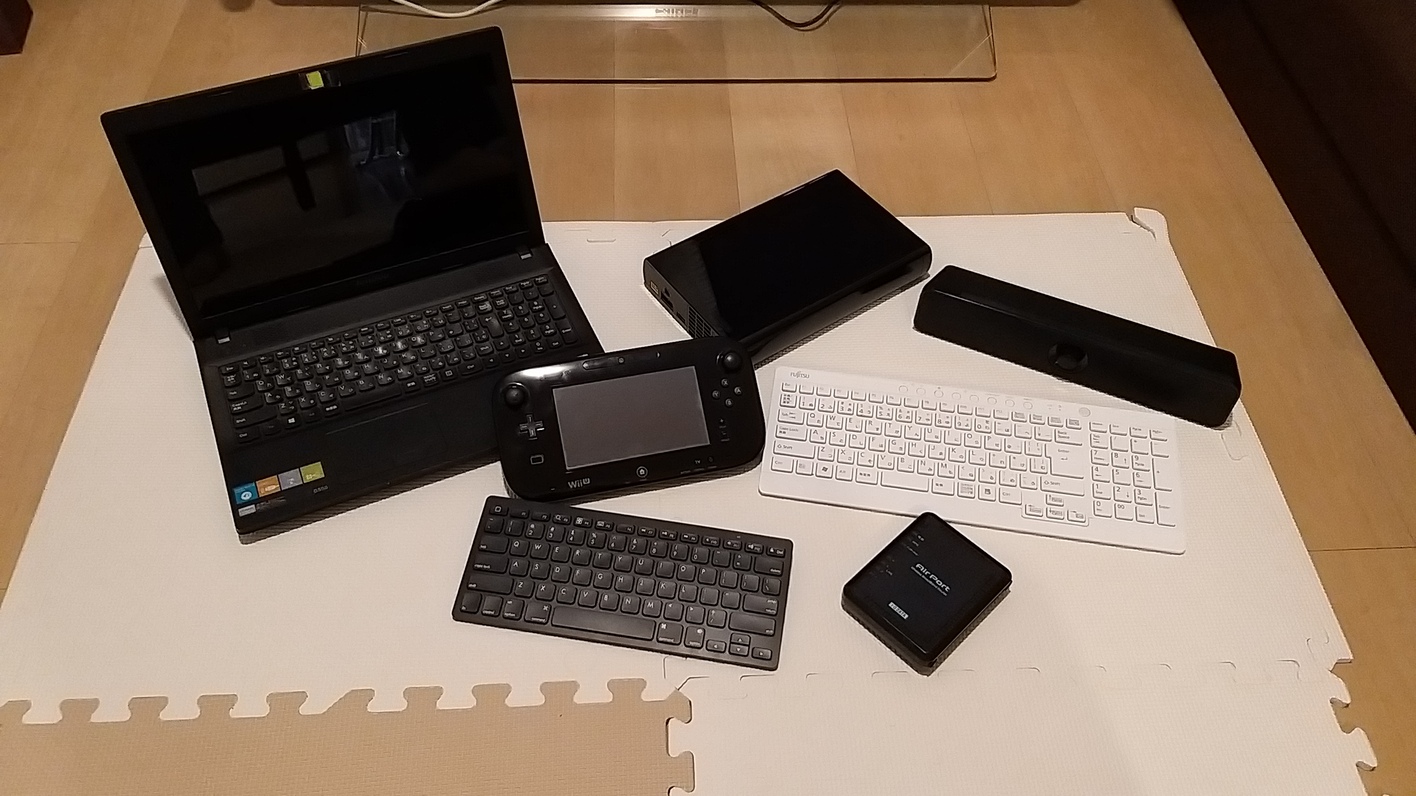
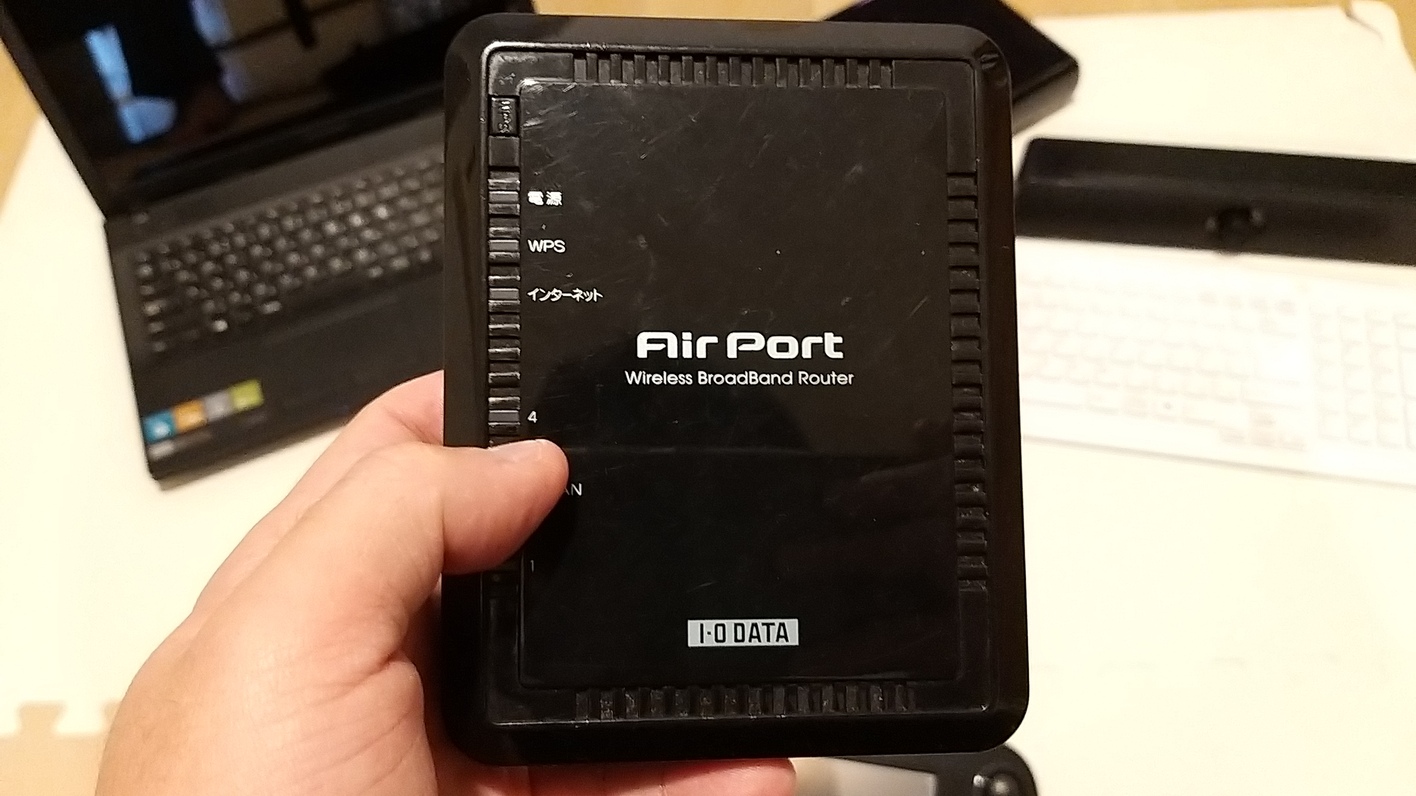
Some of the many WiFi routers that I found in perfect working conditions. Some are old, supporting only up to 802.11n standard, but I've found reasonably newer models that have dual band and much more. Some are even supported by DD-WRT, a project that I intend to pursue later.
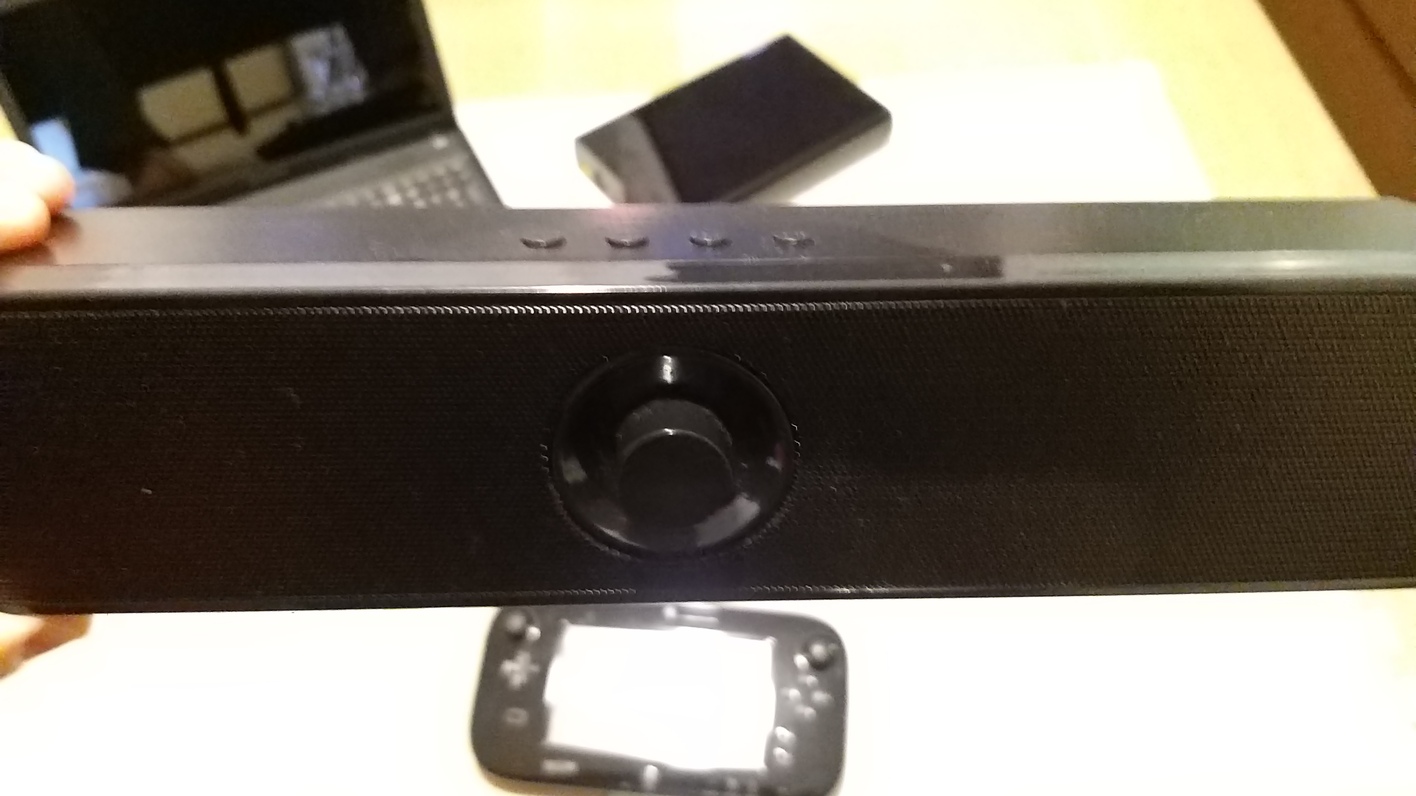
Bluetooth soundbar speaker, one of the many soundbars I've found. This one has a slightly annoying Chinese voice narrating its status like "Pairing" or "Device Paired" but otherwise perfectly usable.
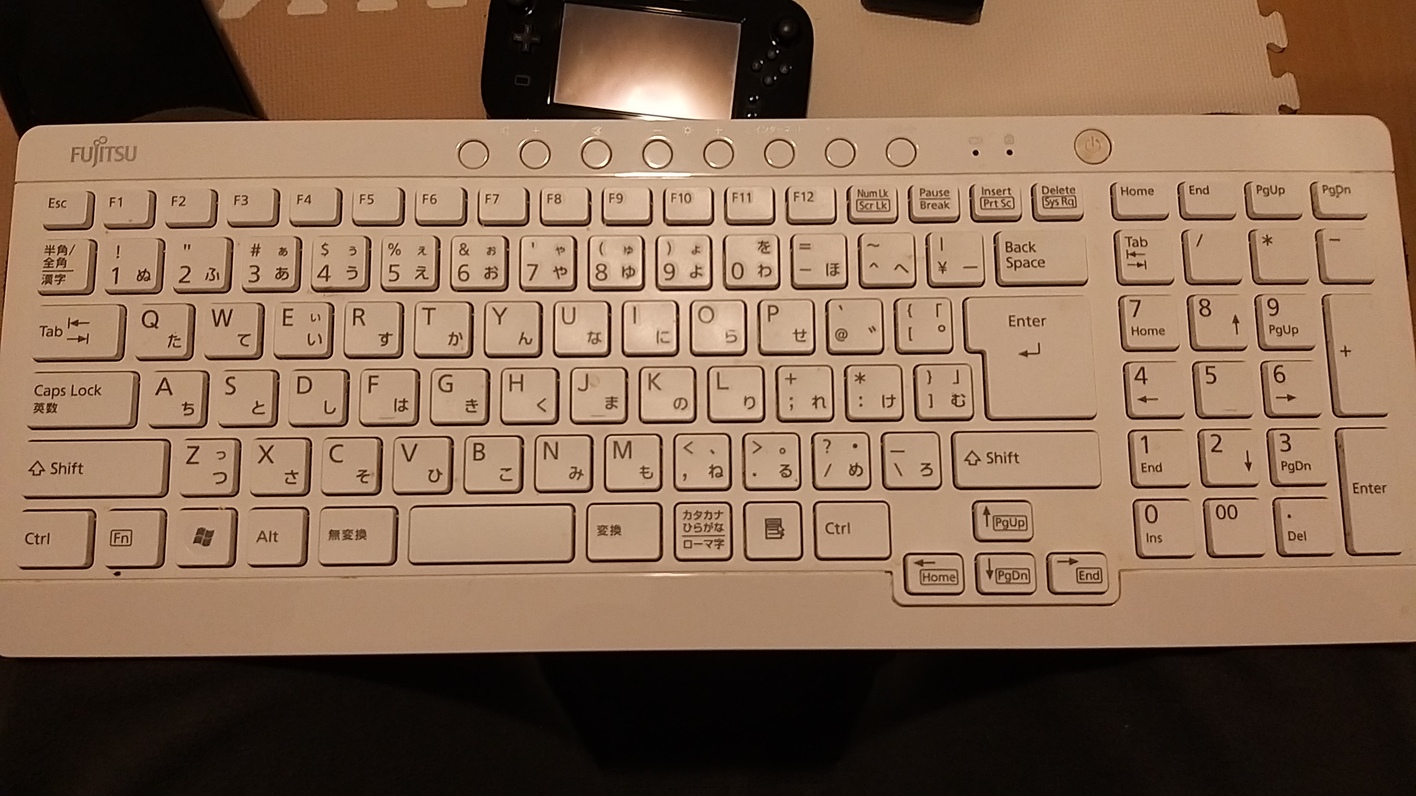
A full-width, 105-key bluetooth wireless keyboard. This model is dongle-less, meaning you don't waste an USB port on the computer to use it, and you can even use it with your phone (termux, etc) very easily.
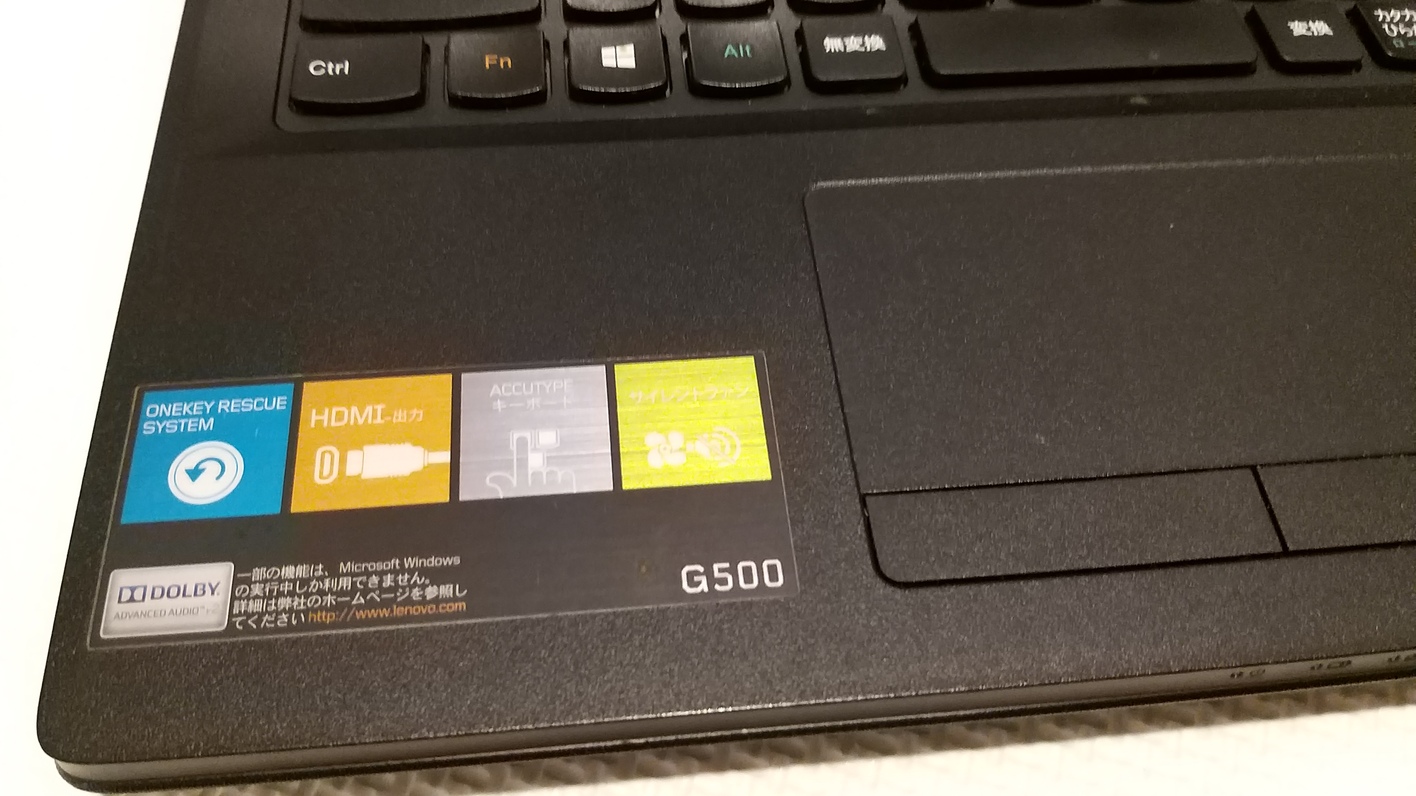
Another full-fledged laptop I found. Lenovo G500 with 4GB RAM and (enough for Linux, probably unusable with Windows), Celeron chipset (ack!), probably one of their low-end cheapo line. It was discarded with a broken Windows 8 installation, now usable again with Artix Linux!
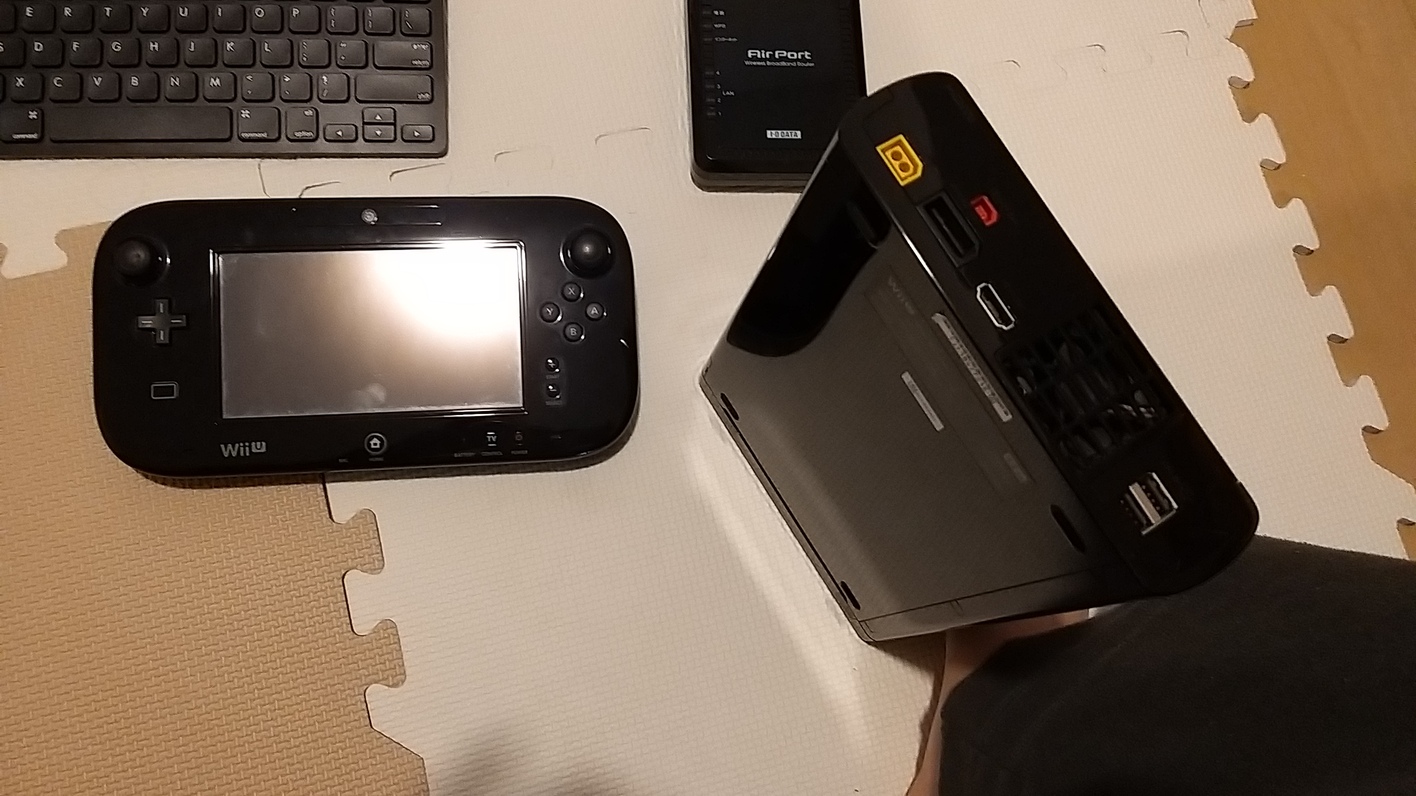
A Wii-U complete with handheld controller/display thing, motion bar and a controller. Though it's actually possible to install Linux on it, its resources are actually not that powerful, which is sort of a turnoff for me, a non-console gamer.
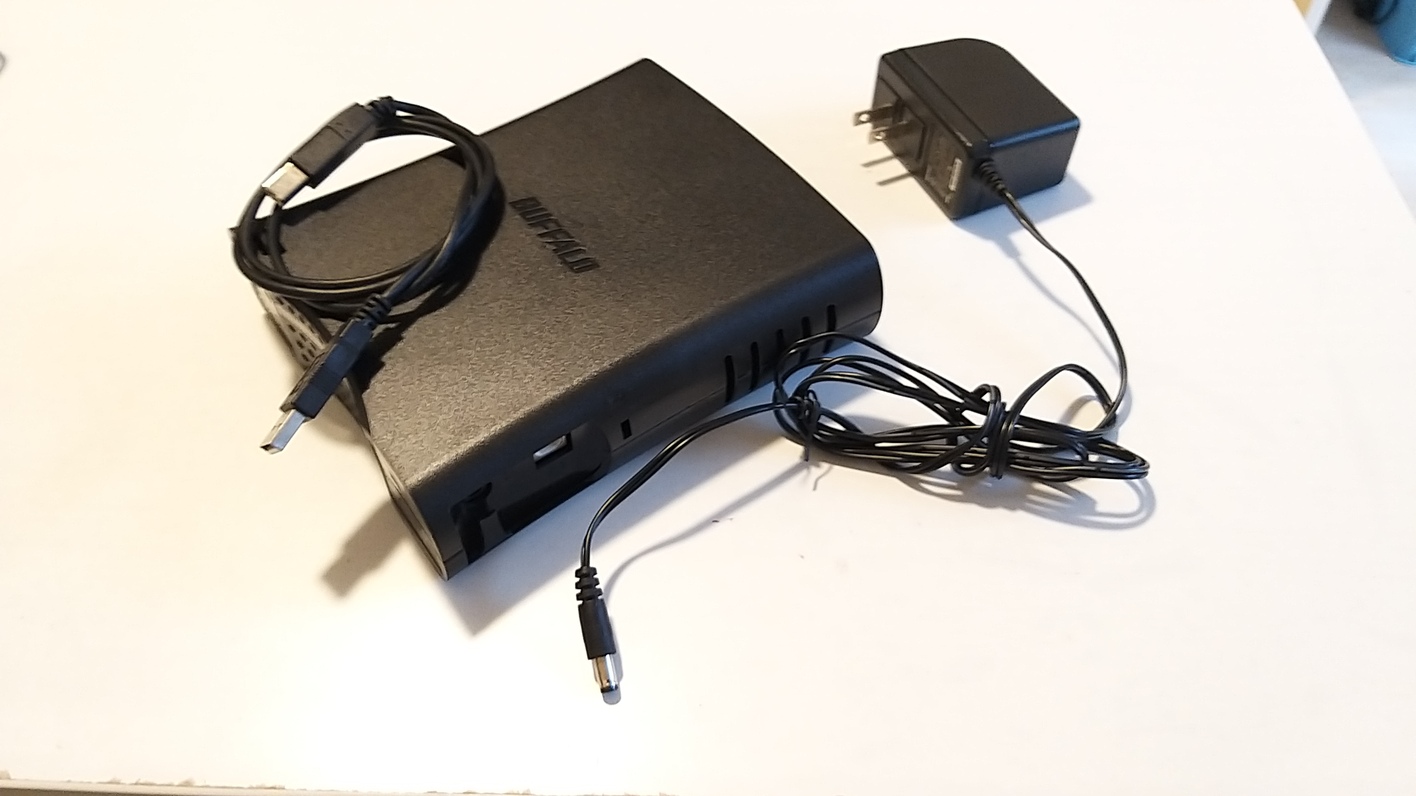
A 500GB external HDD, 3.5 inch size that I now use coupled with my Raspberry Pi as a NAS in the house. It came with a great collection of MP3s from 1995-2010 music that the owner generously left in it when discarding. There was also some weird Japanese porn left in it, which serves as a reminder to always encrypt your hard drives if you want privacy...
Not shown are the many other useful things that I found and complement my daily computing life, especially during the home-office season of the pandemic. Things like Monitors (I found enough of them to even bring to the office and just leave it there for when I go), keyboards, wireless mice and even a wireless headset.
The interesting thing is that, in the beginning of my dumpster diving life, my biggest feeling was a thrill about finding stuff for free. Nowadays, however, I have more of a questioning concern: why do these people keep replacing good things like that? How can they keep up with the tens of thousands of dollars (yes, I calculated it once) that get "replaced" every year? Even though I'm riding along on the good side of peer consumerism, I realize there's an ugly side as well, which kind of worries me.
Tips for aspiring divers
If you want to get started in dumpster diving, the first and biggest hurdle you need to get around is yourself: put aside your pride that trash is only for scavangers and needing people. Try it once, without any pressure or expectations, and see if you can find anything interesting. "Dive in" slowly and progressively - you don't need to literally get into the dumpster first thing if you never did this before. If you are careful enough and get some experience, searching trash is not at all gross and sometimes not even dirty.
I haven't dived in commercial dump areas yet (like around retail stores, supermarkets, factories and warehouses, etc), though I hear that these have a lot more stuff than residences. If you're limited to residential areas like me, look for areas where trash is massed together from many and not sparse. Single houses lining up along a street are a worse choice than a large apartment building or a complex of buildings all with a common waste area (even better). Learn to map and rank each dump area for quality and quantity of stuff: some are more prone to receive useless stuff like boxes and plastic containers, others more used stuff, which is always more interesting.
Finally, do get to know the law and the rules of the place where you're diving. Are there any restrictions? Anything that you cannot take once it's discarded? Is it considered trespassing if you walk up to a given trash area? You don't want to risk getting in trouble for just the thrill and a chance to get something for free.
There are some documentaries about dumpster diving all around YouTube if you look. These can be a good source of inspiration on the more ethical and anti-consumerist side of the practice; and also show some of the things that you can find through it.
To conclude, here's some first-person insight on me doing a quick trash area run (not really dumpster diving, but still) after a big holiday season. The amount of waste here generated from pure consumerism is mind-boggling.
This post is number #3 of my #100DaysToOffload project. Follow my progress through Mastodon!
Last updated on 02/07/21